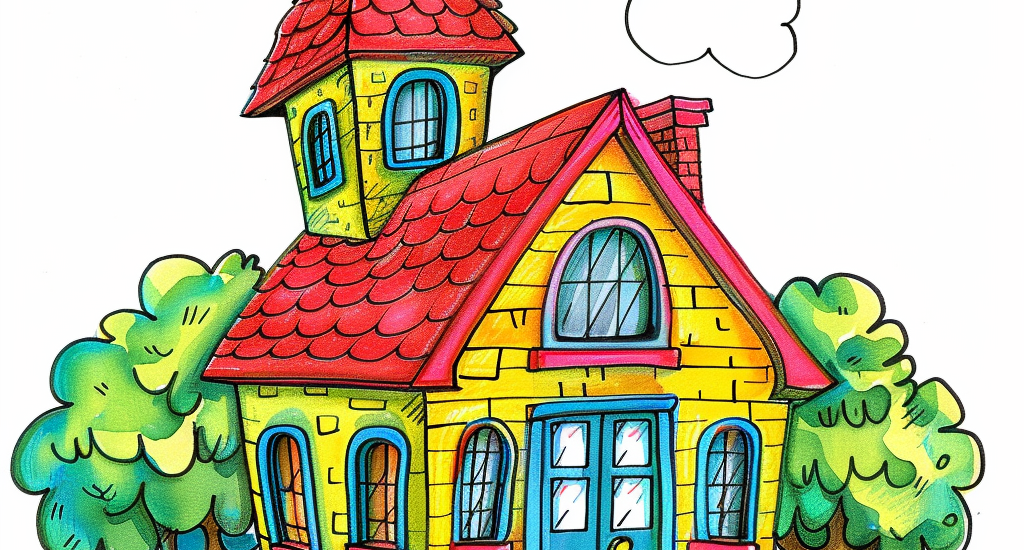


Helping kids get along with their peers at school is crucial for their social development and overall well-being. It can be particularly challenging for shy children or those experiencing personality conflicts with other students. Here are ten genius tips to encourage your kids to build positive relationships and navigate social interactions smoothly.
Practice social scenarios through role-playing. Act out different situations they might encounter at school, such as introducing themselves to a new classmate or resolving a disagreement. This helps shy kids build confidence and prepares them for real-life interactions.
Encourage your child to put themselves in others’ shoes. Discuss how their actions and words can affect others and emphasize the importance of kindness and empathy. Understanding others’ feelings can help them navigate personality clashes more effectively.
Teach your kids the importance of active listening. Encourage them to listen carefully when others speak, make eye contact, and respond thoughtfully. Good listening skills are fundamental to building strong, respectful relationships.
Arrange playdates or group activities with classmates outside of school. These smaller, less formal settings can help shy kids feel more comfortable and provide opportunities to form friendships without the pressure of a classroom environment.
Children often learn by observing their parents. Demonstrate positive social interactions in your daily life. Show them how to greet others, engage in conversations, and handle conflicts calmly and respectfully.
Enroll your child in extracurricular activities that interest them. Whether it’s sports, music, or art, participating in group activities can help them meet like-minded peers and build confidence in social settings.
Teach your child basic conflict resolution skills. Discuss how to calmly express their feelings, listen to the other person’s perspective, and find a compromise. Practicing these skills can help them handle disagreements more effectively.
There are many children’s books that address themes of friendship and social interaction. Reading these books together can provide valuable lessons and open up discussions about their own experiences and feelings.
Praise your child for their efforts to make friends and get along with others, even if progress is slow. Positive reinforcement can boost their confidence and motivate them to keep trying.
Maintain open communication with your child’s teachers to stay informed about their social interactions at school. Teachers can provide insights and help address any issues that arise, ensuring a supportive environment for your child.
Developing strong social skills in childhood lays the foundation for healthy relationships and effective communication throughout life. By helping your child navigate social interactions at school, you’re equipping them with essential tools for personal and professional success in the future.
With these practical and engaging tips, you can support your child in building positive relationships and overcoming social challenges at school. By fostering empathy, communication, and confidence, you’re helping them develop the social skills they need to thrive. Happy socializing!